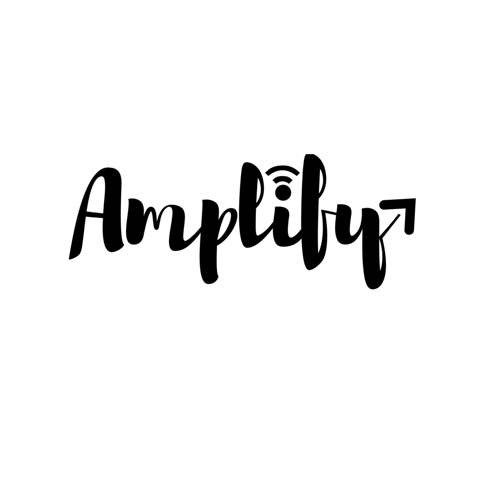Sarah Gander
Pediatrician
Dr. Sarah Gander is a Pediatrician and Social Change Agent in Saint John, NB. Born in Edmonton Alberta, she moved to New Brunswick when she was three and has been a "Johner" ever since. She met her husband in grade 10 Art class and has loved him ever since. Her education took her through UNBSJ for her undergraduate degree, Memorial University of Newfoundland for medical school and finally Queen's University in Kingston Ontario for her paediatrics training. As a family they moved back to Saint John and has since had two boys. Dr Gander is now the Clinical and Academic Department Head of Paediatrics, holds a Masters in Adult Education and is the Lead of the New Brunswick Social Paediatrics Research Program. Her clinical interests are in Social Paediatrics and mitigating the social determinants of health in children, in particular the trauma and toxic stress of intergenerational poverty. Her research interests are the same, in particular, working with pregnant mothers and new mothers with substance use, children with ADHD and autism and poverty reduction program evaluation.
-
I became a doctor because I wanted to help people and a Pediatrician because I thought kids were the coolest humans on earth. I moved back to Saint John with my husband Steve because we had wonderful childhoods here and knew this is where we wanted to have our family. I live 4.7 km from my mom. It feels too far sometimes. When I started working, I was nervous I was going to do the wrong thing for patients - prescribe the wrong medication, make the wrong diagnosis. After a couple years and some key mentorships, I started to be afraid I was not going to do the right thing for patients, give medication instead of asking the right questions, make a diagnosis instead of listening. That is when I found Social Pediatrics.
What are you most proud of professionally? And who or why?
I am the most proud of the days when a parent or child smiles at me or gives me a hug. There is no better feeling than a little proof you are making a positive difference in a life.
What’s your vision for Atlantic Canada in 10 years? What’s our biggest opportunity now?
Our biggest opportunity rests in our best resources, the environment and children. We could use these two resources to make all the difference in the world - use nature to improve health.
What was your greatest stage of growth? What made it a shift for you?
My greatest stage of growth came when I realized I actually sometimes know what I am talking about and that people are listening, so I better up my game. It was within the last few years when my team was tasked with running programs that are an awesome responsibility. Stuff got real.
What’s your favourite or most read book or podcast? Now or at each of your greatest stages of growth?
I read a lot about positive psychology to keep sane, but also keep up on local and national politics. Health should be in all policy and so if I want to influence policy change, it is important to know about competing interests to building a healthy society. So podcasts include Frontburner, Brooke Castillo, and Upstream.
What’s your deepest learning from this past year? How did/will you apply it?
Within the last year, it might be the first time I learned I cannot do it all. That’s how I built a team and finally let some things go. It feels good to have a team, it feels terrible to sometimes say "no". As with the Social Pediatrics philosophy, it is all about respect: respect of children, respect of people’s circumstance, respect of my colleagues and ultimately must also respect myself.
Who’s inspired you, directly or indirectly? How have they inspired you?
My inspirations have come throughout my life, my mother as a single mom, many of her friends who were and are mostly teachers and a doctor. All fierce ladies who got stuff done but knew how to have fun. More recently, I often reflect on the people who have amazing visibility and therefore effect change, Ryan Meili, Ed Broadbent, Gloria Steinem, Cindy Blackstock. When I am feeling my most authentic, I look to my friends who are amazing mothers, passionate community members and talented professionals. My own assistant had something like 25 jobs in her life and once packed fish in a plant for one day. It only took one day to realize she didn't want to do that for the rest of her life and she brings her A game everyday.
What would you have done differently?
I would have spent more time listening during my training rather than pretending I knew it all.
What are the principles you live by?
I live by the values of my family - trust, integrity, honesty, loyalty. I respect others no matter where they came from or where they are going. When times get tough, I go home and hug my family. There are the best part of my life.
How have you recovered from fractured professional relationships?
I am always trying to ask myself "WAIT" (Why am I talking?). I think listening and compassion is the best approach. Never try to pretend you know something you don't or be something you are not. Generally speaking, people are trying to do the best they can. There is no role in this world that requires you to know everything so surround yourself with a good team and always say "thank you". And when a relationship doesn’t work out, stand up for yourself, if you have been wronged and then let it go.
-
Physician, Social Change Agent, Outdoor enthusiast, Mother, East Coaster
